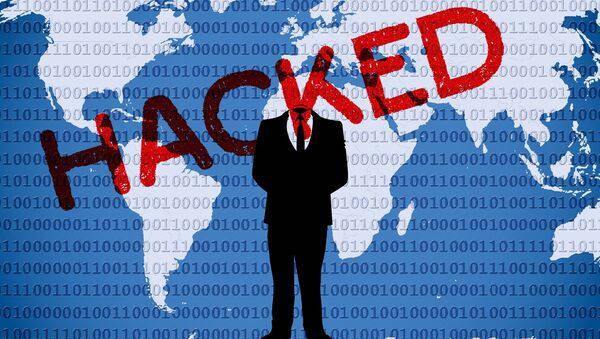“Frequent changes [of password] make it easier to guess it because you eventually tend to choose a password one, two, three or four as your next one meaning that you are not going to move away from your old habits,” Lars Hilse said.
He added that because many people find it hard to memorize different passwords, they often end up using the same password for different websites.
Operating systems have technical difficulties keeping hackers out.
When asked about the most secure user authentication methods existing today, and the ones that are being developed for the future, Lars Hilse said there was a lot of technological brain power going into developing new methods of user identification, particularly on mobile devices, “including how far away from your face you are holding your phone, the angle, the biometrics and other ways that make it more secure, other than just using your password.”
Meanwhile, “the other side” is apparently trying just as hard to develop its own methods of hacking mobile and other devices, making this whole thing look like an arms race.
Lars Hilse agreed, saying that such an “arms race” has been going on ever since computers were connected to the Internet.
“This has always been a race and it always be,” he said, adding that “we’ve been lacking in putting pressure on software vendors, which have been taking a reactive stand, rather thant proactively providing us with secure operating systems, which run on mobile devices and personal computers and also on machines responsible for our critical day-to-day infrastructure.”
“This will essentially lead to a bipolar development where users require more security and companies have to provide such security because otherwise we’ll see old companies being replaced by new, more security-aware, software vendors popping up out there,” Lars Hilse emphasized.





